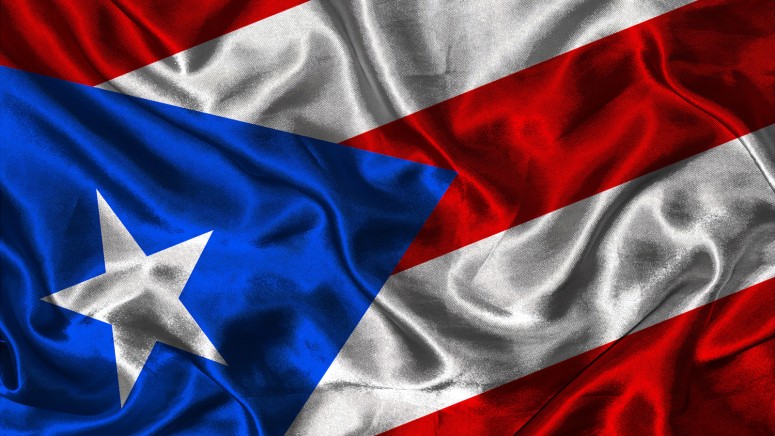
Facebook Supported the Legal Action Against Journalists in Puerto Rico
- Facebook helped the Puerto Rican regime to arrest seven student journalists and harm-free press in the country.
- The social media giant has provided the personal data of 25 people in less than 72 hours to the government’s intelligence unit.
- The student journalists have been arrested and charged with a set of crimes, most of which have no connection to reality.
Here’s another story that reflects the role of social media today and why activists and journalists should avoid them altogether. Seven student journalists from Puerto Rico are facing trial in their country after they were arrested two years ago for taking part in a non-violent protest. In the supporting evidence that was produced on the court, there are documents sourced directly from Facebook. These documents contain the private information of 25 people who are or were involved in news publications and the youth anti-austerity movement in Puerto Rico.
Back in April 2017, students live-streamed the protest that took place outside the University of Puerto Rico, when the government decided to impose $241 million in budget cuts. The three student publications involved were the ‘Diálogo UPR’, the ‘Pulso Estudiantil UPR’, and the ‘Centro de Comunicación Estudiantil’. Two weeks after these events, the leaders of the protests got arrested and charged with a host of crimes, even including the absurd offense of "burglary". As it is revealed now, the prosecution received all of the requested data from Facebook within 72 hours after the live stream, which resulted in the identification and arrest of the seven individuals.
This was a blatant violation of the people’s rights to free press, and it’s a message to local and national news outlets in the country to be careful and reserved. Facebook has played an active and pivotal role in the establishment of this unfairness that has been the case in the country for many decades now. There’s an intelligence unit in Puerto Rico named “Carpeteo”, and which is spying on supporters of independence, environmental causes, and more respectful labor laws. In 1978, the unit killed two students in the mountain and tried to cover up the incident, which was later unraveled in Puerto Rico’s Watergate. According to unconfirmed sources, the Carpeteo has 75000 citizens in their files.
While this was deemed illegal by the country’s Supreme Court in 1988, not much has changed in reality according to the locals. The unit just went underground and continued to file people and to gather information about their activities. With the recent disclosure of the documents, one has to wonder, if Facebook is handing over personal data of its users to governments that have a long and proven history of oppression and injustice, how easy would they share user data with agencies that aren't as notoriously corrupt?






